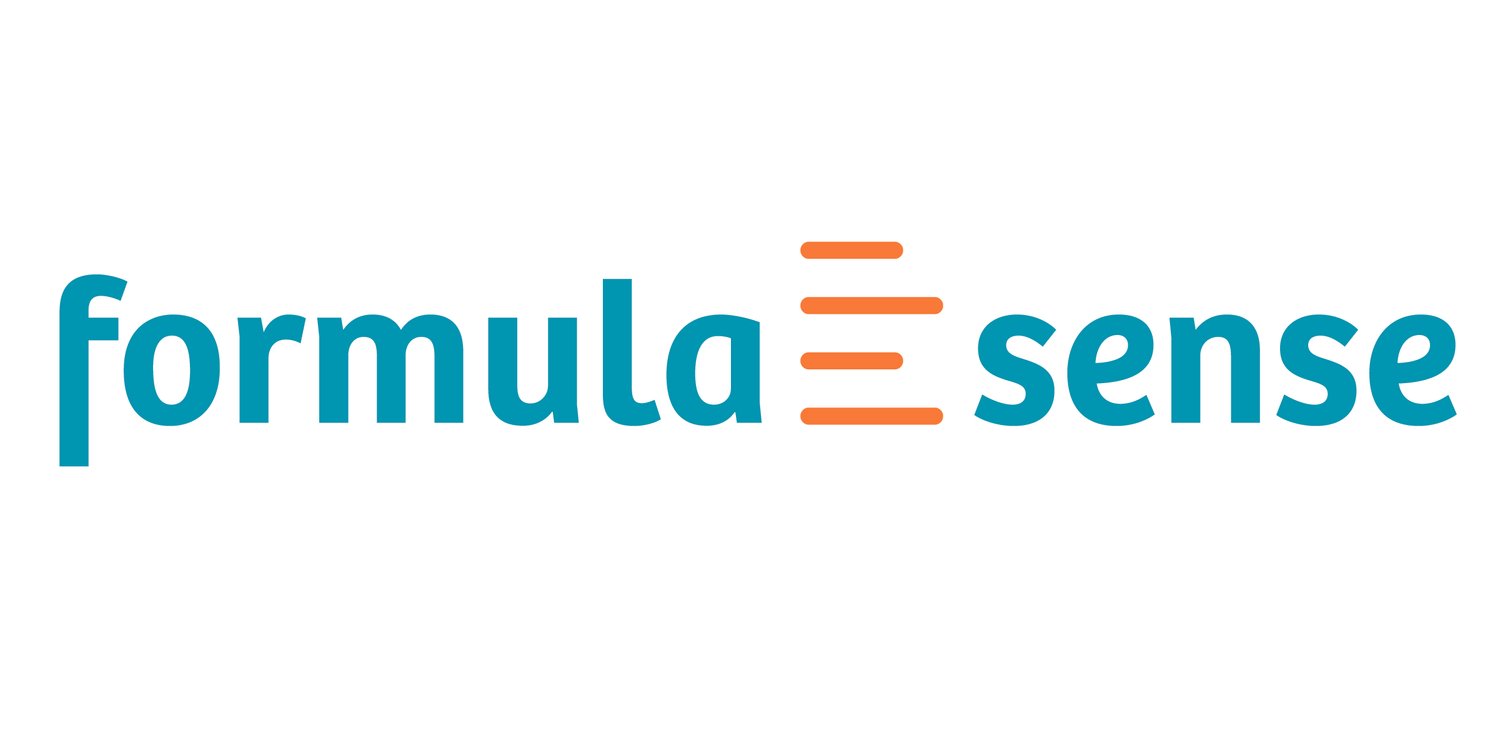What is Lactose?
[pronounced: LAK-tose]
Lactose is a common ingredient in infant formula, and you may be wondering what lactose is. Here are key things to know about it, and considerations for lactose in formula.
What is Lactose?
Lactose is a natural ingredient in milk. Milk is the ideal food for babies; therefore, lactose is part of most infant formulas. As we explain further on, some formulas do not contain lactose.
Where Does Lactose Come From?
Lactose is only found in the milk of mammals. This includes cows, goats, and humans! Lactose is the same no matter its source. However, the amount of lactose is different.
The lactose in infant formula almost always comes from cow’s milk. A few formulas available in Europe contain lactose from goat’s milk. This really doesn’t matter from a nutritional standpoint because lactose has the same structure no matter the source.
Is Lactose a Carbohydrate?
Yes, lactose is a natural carbohydrate. A carbohydrate is one of the main nutrients needed by the body. Carbohydrates provide energy. Infants need about 40% of their calories to come from carbohydrates. If they eat too little carbohydrate, the body will use protein for energy, instead of using protein to grow.
Carbohydrates can be separated into three main categories:
simple sugars
oligosaccharides
polysaccharides
The word “saccharide” is the scientific name for sugar. Some people divide simple sugars into two categories. As a result, you may read that there are four categories of carbohydrates.
Is Lactose a Sugar?
Yes, lactose is a natural form of sugar because it is a form simple sugar. However, it not the same as the sugar you put in your coffee or cookies. The formal name for table sugar is sucrose.
Structurally, lactose is a “double sugar” (disaccharide), meaning it is two simple sugar molecules joined together to form one unit. Disaccharides (Greek; di=two; saccharide = sugar). Lactose contains the single sugars (monosaccharides) glucose and galactose. Table sugar, sucrose, is also a double sugar. It also contains glucose. its second sugar is fructose.
Why is Lactose Added to Baby Formula?
Lactose is added to infant formula to provide carbohydrate. As mentioned earlier, lactose is the natural carbohydrate in milk. So, formulas that contain lactose have the same natural carbohydrate found in human milk.
While lactose’s main role is to provide energy it plays other metabolic roles. For example, it helps feed the healthful bacteria in the gut that make compounds that protect against infections.
Lactose in Formula
Not all formulas contain lactose. Many solution formulas contain low or no lactose. This is due to an unproven notion that infant fussiness, crying, gas, and bloating (common signs of feeding intolerance) are caused by lactose intolerance or overload, and that these signs can be improved by offering a low or no lactose formula. This idea has not held up to scientific testing.
Some formulas contain lactose, but lactose isn’t on the ingredient list. Why is this the case? Lactose is a natural part of milk and is found as part of other ingredients.
Ingredients that Contain Lactose
All of these ingredients contain some lactose:
whey protein concentrate (very small amounts)
Lactose Intolerance in Formula Fed Babies
Lactose intolerance is an inability to digest and absorb lactose. It happens when one does not have enough of the digestive enzyme lactase. Lactose intolerance is not a milk allergy.
World-wide lactose intolerance is very common after age five. However, if one listened only to infant formula marketers, one would think it is common in infants too. But that is definitely not the case!
Talk to your baby’s health provider if you have concerns that your baby is having any kind of formula or feeding intolerance. Many causes of infant formula intolerance have similar symptoms.
Other Dietary Considerations for Lactose
Lactose is not appropriate for vegans since it comes from milk.
The OU (Orthodox Union) Kosher considers many infant formulas as OU-D, kosher dairy, but not kosher for Passover. Since lactose is derived from fluid milk that may not be supervised by a rabbi at time of milking, it is not Cholov Yisroel unless specifically certified as such. For reference, see the Orthodox Union Kosher Dairy Primer.
